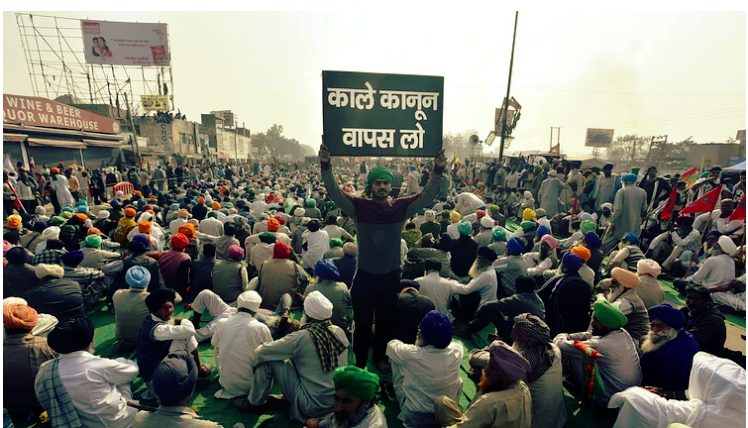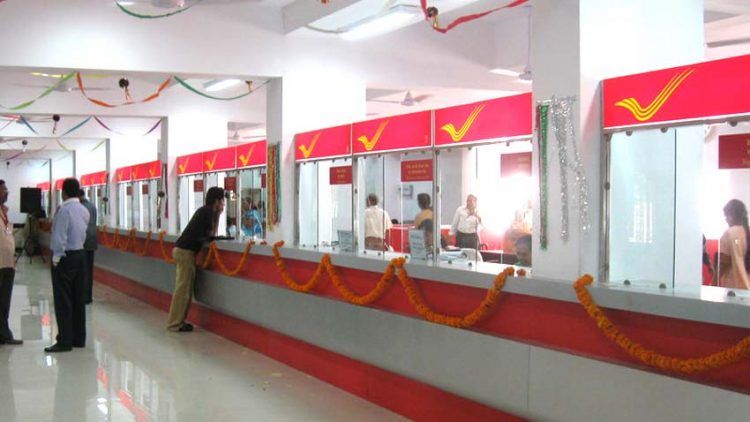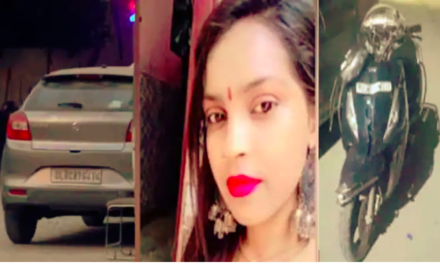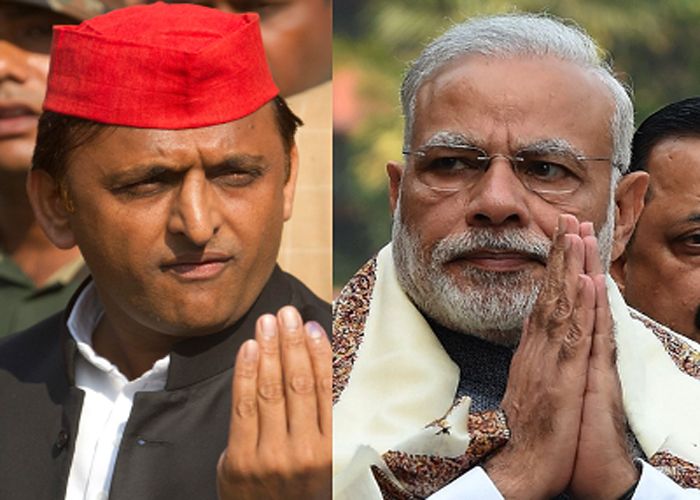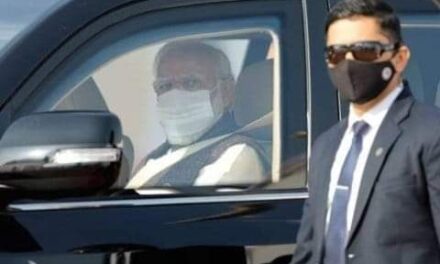Farmers’ representatives, participating in the fourth round of talks with the government over their charter of demands, refused to partake of the lunch provided by the Centre, preferring to eat the food brought by their supporters.
The group of 34 farmer union leaders also set up a separate food stall in Vigyan Bhawan the government-farmer talks venue and most of them sat on the floor to have their lunch.
As the talks broke for lunch after over three hours, the government representatives invited the farmer leaders to have the food arranged by Centre but they declined, signalling they would not take any favour from the government till their demands are met.
[splco_Shortcodesspacer]
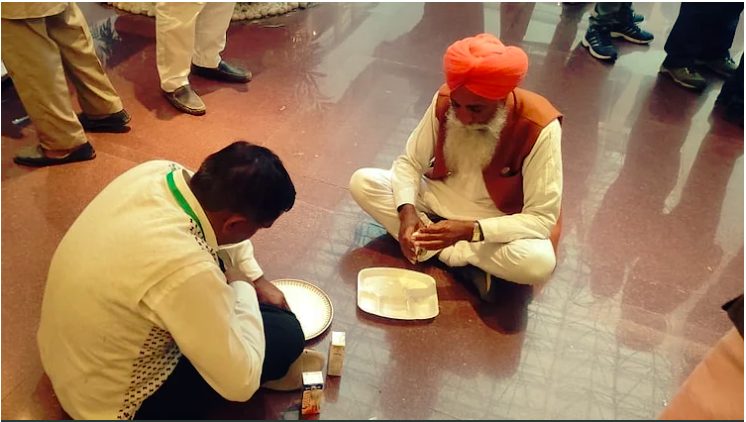
Braving Cold It’s a week since farmers blocked the highways leading to Delhi, protesting against the Narendra Modi government’s new farm laws.
‘The government says these laws are in our favour. Our question is, who asked for these laws?’ asks the president of the Bharatiya Kisan Union.
It is important to note Balbir Singh Rajewal, president of the Bharatiya Kisan Union, who is also one of the leaders who met agriculture minister Narendra Singh Tomar on Tuesday.
Rajewal says farmers not only are aware of the danger in new established farm laws by BJP Government but also the farmers concerns, and why they are asking for legislation to guarantee the minimum support price.
Calling the farm laws “unconstitutional”, Rajewal maintains that the farmers are firm that the laws must be repealed.
“I don’t think we should waste time over clause by clause discussion because the act is not constitutional,” he argues.
The farmers are set to meet the government for another round of talks on Wednesday.
He says, “The government says these laws are in our favour. Our question is, who asked for these laws?
Which farmers’ organisations have demanded the government to help us? We had no such demands.”
About legislation on MSP, Rajewal says, “MSP, without state procurement, means nothing…
What is the use of MSP if the state government doesn’t buy it? MSP should be a legal right…The government is not telling the truth about MSP.”
On the media, Rajewal says: “We have got enough media coverage.
Our problem is that not every farmer can explain the reality of all the issues. Our appeal to the media is to show the real picture.
Like you, they can do a session with us and show the real picture.”
Several songs and ballads have been written and sung in Punjab in recent weeks reflecting the prevailing mood.
Punjabi artists, writers, lawyers, former judges, college teachers, children, youth, women and elders have rallied round the farmers and are actively participating in the agitation.
Singers and actors have been expressing their solidarity, attending farmers’ meetings and singing songs to keep the morale up. It is a mass upsurge.
There is a reason for all social groups joining hands in the farmers’ agitation.
The structure of Punjab’s economy is such that the farming sector continues to be its hub. Except six cities-Amritsar, Jallandhar, Ludhiana, Mandi Gobindgarh, Batala and Rajpura-no other town and city can sustain on its own.
Survival of nearly 120 towns is majorly dependent on Agriculture. Good crop means good business in these towns.
As it is feared that these three central acts would destabilize the agriculture sector, that fear has made not just Punjab but north Indian farmers to join hands to fight a collective battle.

